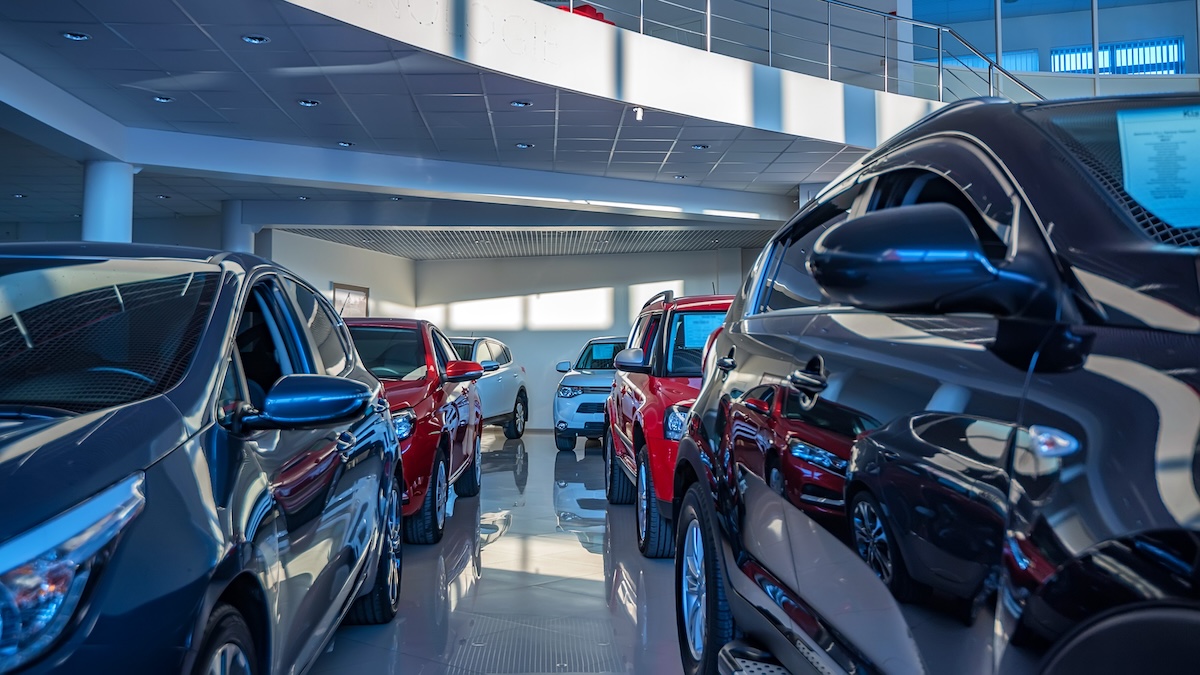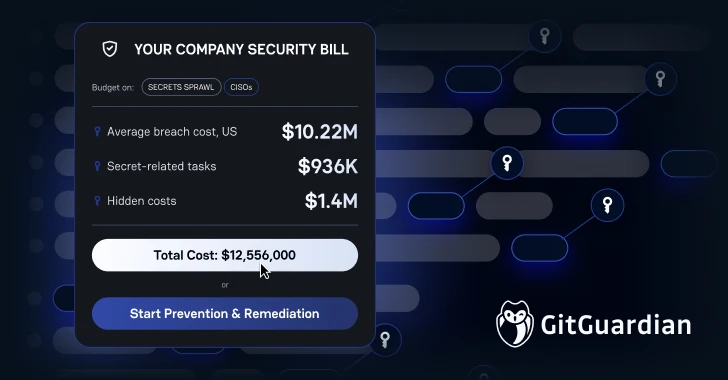In a recent presentation at the DEF CON hacking conference, cybersecurity researcher Eaton Zveare unveiled significant vulnerabilities within a major automaker’s dealership management platform. This platform, utilized by over 1,000 dealerships across the United States, is integral for tasks such as vehicle ordering, sales processing, and customer management. The identified security flaws could have permitted unauthorized individuals to remotely control vehicles and access sensitive personal data.
Discovery of the Vulnerabilities
Zveare’s investigation revealed that, despite the platform’s requirement for dealership employees to receive an invitation to register, the account registration form was accessible without such an invitation. By exploiting this oversight, along with weaknesses in the platform’s API and profile update functionalities, Zveare was able to create a ‘national admin’ account. This elevated access granted him comprehensive control over the platform’s features.
Potential Exploits and Risks
With administrative access, Zveare could search for vehicles using customer names or Vehicle Identification Numbers (VINs). In collaboration with a friend who owned a vehicle from the affected manufacturer, he demonstrated the ability to transfer vehicle ownership to a newly created account. This manipulation enabled him to utilize the associated mobile application to:
– Track the vehicle’s real-time location
– Unlock the vehicle
– Start the engine remotely
These actions underscore the severe implications of such security lapses, highlighting the potential for unauthorized access and control over vehicles.
Broader Context of Automotive Cybersecurity
This incident is part of a growing trend of cybersecurity challenges in the automotive industry. Modern vehicles are increasingly connected, integrating complex software systems and communication networks. While these advancements offer enhanced features and convenience, they also expand the attack surface for potential cyber threats.
Historically, automotive cybersecurity has faced several notable incidents:
– 2015 Jeep Cherokee Hack: Researchers Charlie Miller and Chris Valasek remotely accessed and controlled a Jeep Cherokee’s systems, leading to a recall of 1.4 million vehicles by Fiat Chrysler Automobiles.
– Tesla Model S Vulnerability: In 2015, security experts demonstrated how a chain of exploits could grant complete control over a Tesla Model S, prompting Tesla to release an over-the-air security update.
– General Motors OnStar App Exploit: A flaw in GM’s OnStar RemoteLink app allowed hackers to impersonate vehicle owners, enabling them to locate, unlock, and start vehicles without authorization.
These incidents highlight the critical need for robust cybersecurity measures within the automotive sector.
Industry Response and Future Directions
In response to these challenges, the automotive industry has been working to enhance cybersecurity protocols. Initiatives include:
– Secure Software Development: Implementing rigorous security practices during the software development lifecycle to identify and mitigate vulnerabilities early.
– Regular Security Audits: Conducting comprehensive assessments of systems to detect and address potential security flaws.
– Over-the-Air (OTA) Updates: Deploying OTA updates to promptly patch vulnerabilities without requiring physical access to vehicles.
– Collaboration with Cybersecurity Experts: Engaging with security researchers to proactively identify and resolve potential threats.
Despite these efforts, the rapid evolution of vehicle technology necessitates continuous vigilance and adaptation to emerging cyber threats.
Conclusion
The vulnerabilities identified by Eaton Zveare serve as a stark reminder of the cybersecurity risks inherent in modern automotive systems. As vehicles become more connected and reliant on digital platforms, ensuring the security of these systems is paramount to protect consumers and maintain trust in automotive technologies.



